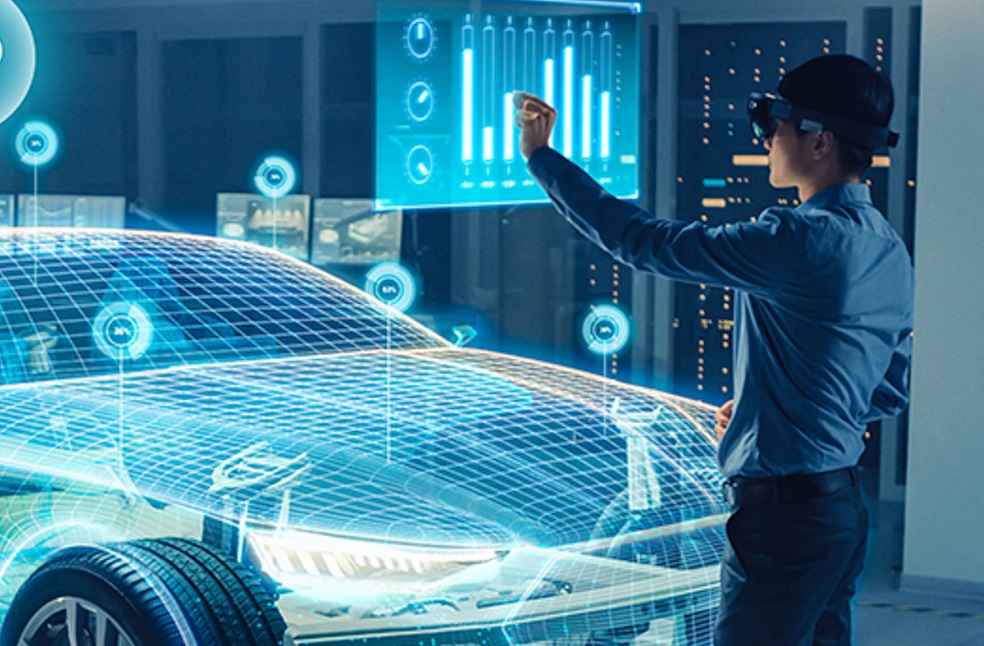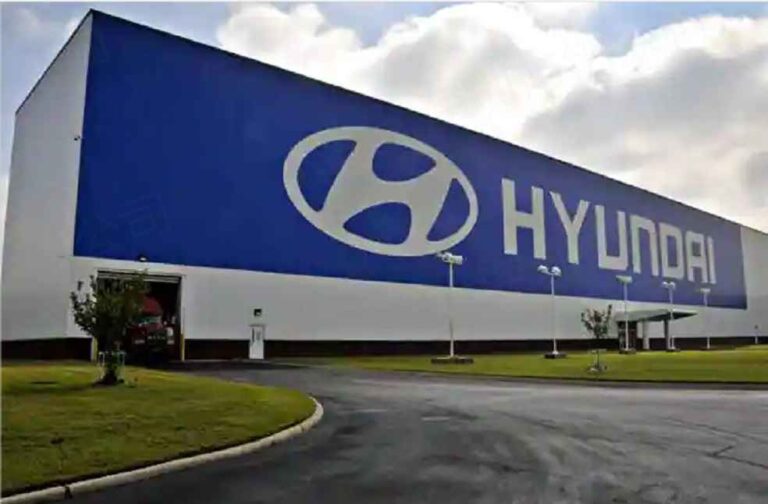Hyundai Motor Group declared on Tuesday that it is increasing its U.S. investment to $26 billion over the next four years, an increase of $5 billion from its earlier commitment in March. The company aims to ramp up activities in the automotive, steel, and robotics sectors to better align with U.S. industrial policy initiatives.
“The additional $5 billion investment will primarily focus on the new robotics plant while also increasing funding for the automotive, steel, autonomous driving, artificial intelligence, and future business sectors announced in March,” an official from Hyundai Motor Group said.
Hyundai intends to construct a robotics facility capable of producing 30,000 units annually, positioning it as the company’s central robotics hub in the U.S. and a cornerstone of its robotics network. The automaker has identified robotics as a major growth engine, following its 2021 acquisition of Massachusetts-based Boston Dynamics. The subsidiary has since created cutting-edge robots such as Atlas, a humanoid designed for industrial applications, and Spot, a four-legged robot mainly used for inspection tasks.

Hyundai will scale up its U.S. production capacity, which stood at 700,000 units last year. Production levels were significantly affected by the 25% tariffs introduced by Washington in April, which were later reduced to 15% in August. The expanded production will include hybrids, internal combustion engine vehicles, and electric models to better align with evolving consumer preferences.
To support this effort, Hyundai’s parts and logistics divisions will ramp up manufacturing capabilities, enhance local component sourcing, and reinforce the supply chain for essential EV elements like battery packs.
Furthermore, Hyundai is building a 2.7-million-ton electric arc furnace steel plant in Louisiana to strengthen its U.S. auto supply chain. Operated by Hyundai Steel, the facility will produce low-carbon, high-grade steel for both Hyundai and key American industries. The company also plans to advance partnerships in autonomous driving, AI, and software-defined vehicles, leveraging its U.S. subsidiaries.

During the first half of 2025, Hyundai and Kia achieved record-breaking sales in the U.S., surpassing any previous first-half performance since their market entry nearly four decades ago. The latest investment follows a major milestone, with the two automakers reaching a cumulative total of 1.5 million eco-friendly vehicles sold in the U.S.
GENERAL | Mitsubishi Fuso and Foxconn Sign MoU to Co-Develop Electric Buses





